Publications
Articles, publications, books, tools and multimedia features from the U.S. Institute of Peace provide the latest news, analysis, research findings, practitioner guides and reports, all related to the conflict zones and issues that are at the center of the Institute’s work to prevent and reduce violent conflict.
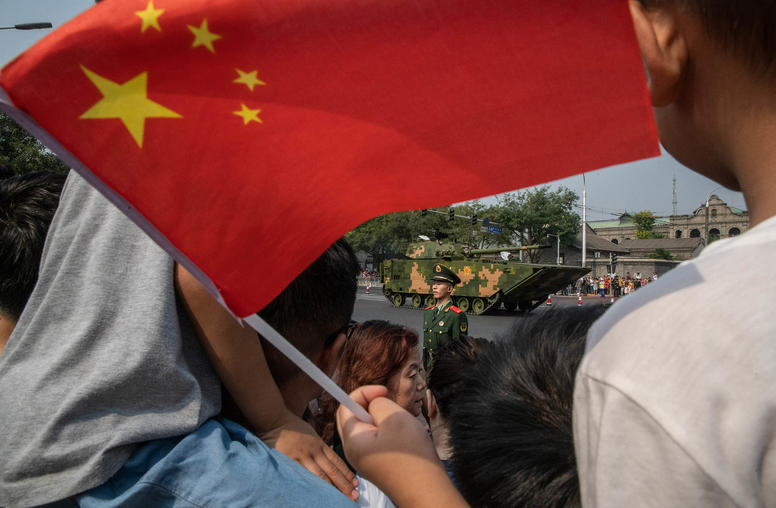
How Should the U.S. Respond to China’s ‘Global Security Initiative?’
After Russia invaded Ukraine, some hoped that China would use its “no limits” partnership with Moscow and multifaceted relationship with Kyiv to help prevent the conflict from escalating. The European Union’s foreign policy chief pointed to China as the obvious mediator and some among China’s policy elite also called publicly on their government to play a proactive role in helping to resolve the war. One prominent American intellectual urged Chinese President Xi Jinping to seize his “Teddy Roosevelt Moment,” referring to Roosevelt’s Nobel Peace Prize winning mediation of the 1905 Russia-Japan war. For its part, Beijing indicated it was prepared to help mediate but it would do so “in its own way.”
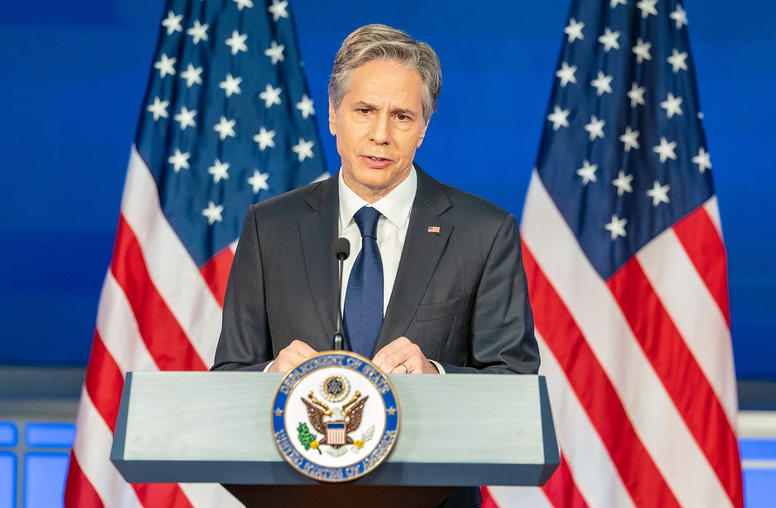
Blinken lays out three-part U.S. approach to China. But what’s missing?
Secretary of State Antony Blinken delivered a long-awaited speech last week outlining the administration’s China strategy. His remarks detailed a tough approach to China that nevertheless left the door open to diplomacy between the two countries on issues of common interest. Blinken described China as the “most serious long-term challenge to the international order” but still “integral to the global economy and to our ability to solve challenges from climate to COVID.”

Carla Freeman on Biden’s Asia Diplomacy
President Biden returned from Asia “having scored some positive points in the region,” says USIP’s Carla Freeman. But Biden’s forceful backing of Taiwan and China’s response is leading to “actual risk that there could be a collision … which could spark some kind of conflict.”

China’s Ukraine Gambit: Beijing Plays Both Sides
Beijing finds itself astride two policy tracks that appear to be moving in opposite directions: committed to affirming its carefully cultivated ties with Russia but also committed to upholding, at least rhetorically, the inviolability of territorial sovereignty. As Russia’s invasion enters a new phase, and more evidence of tragedies of emerge, China’s gambit may become increasingly uncomfortable.
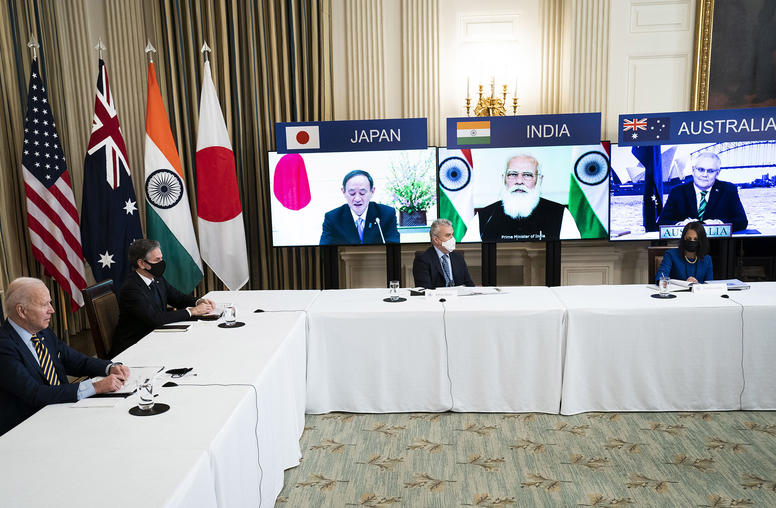
A Closer Look at Biden’s Indo-Pacific Strategy
On February 11, the White House announced its new strategy for a “free and open Indo-Pacific” region, which pledges support for regional connectivity, trade and investment, and deepening bilateral and multilateral partnerships. USIP’s Daniel Markey, Vikram J. Singh and Carla Freeman analyze the key priorities outlined in the document, and the strategic dynamics between the United States, India and China in the region.
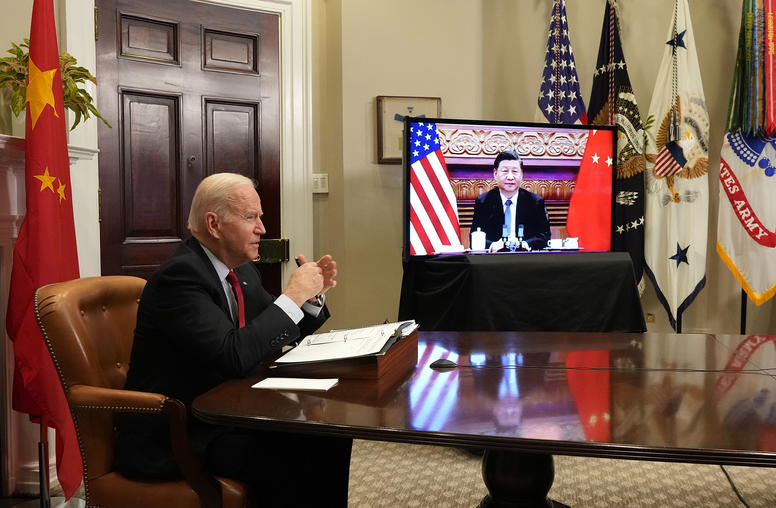
Neither Summit, nor Sidebar: Assessing the Biden-Xi ‘Virtual Meeting’
To address growing tensions between the United States and China, particularly over Taiwan, President Joe Biden and General Secretary Xi Jinping met virtually on Monday night (Tuesday morning in Beijing) for a three-hour discussion that covered a wide array of contentious issues. Both sides downplayed expectations for the session beforehand and have been relatively subdued albeit somewhat positive in their respective post-meeting statements and spins. Less formal than a summit and more structured than a sidebar, what if anything did the extended virtual top-level bilateral discussion achieve?
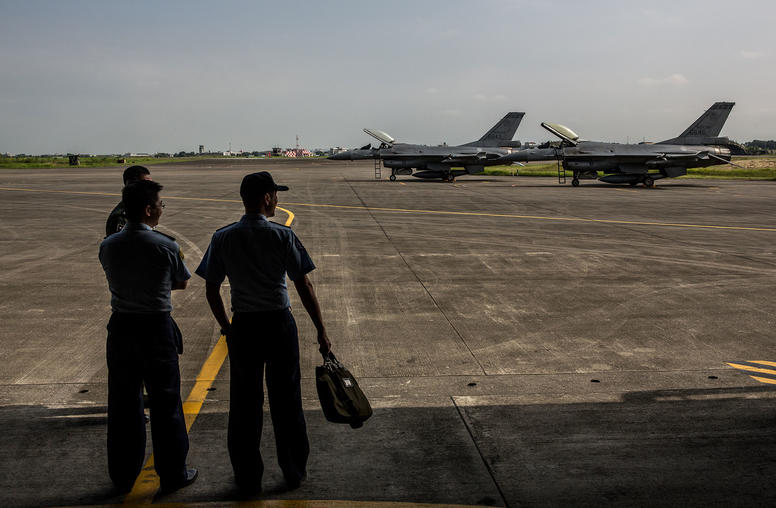
What’s Next for U.S.-China Relations Amid Rising Tensions Over Taiwan
U.S. National Security Advisor Jake Sullivan and Chinese Communist Party Politburo member Yang Jiechi held a six-hour meeting in Zurich on October 6 in an attempt to manage “intense competition” between their two countries. The meeting took place against a backdrop of growing Chinese incursions of Taiwan’s air defense identification zone and a decision by the Biden administration not to remove Trump-era tariffs on Chinese goods until Beijing keeps its trade commitments.
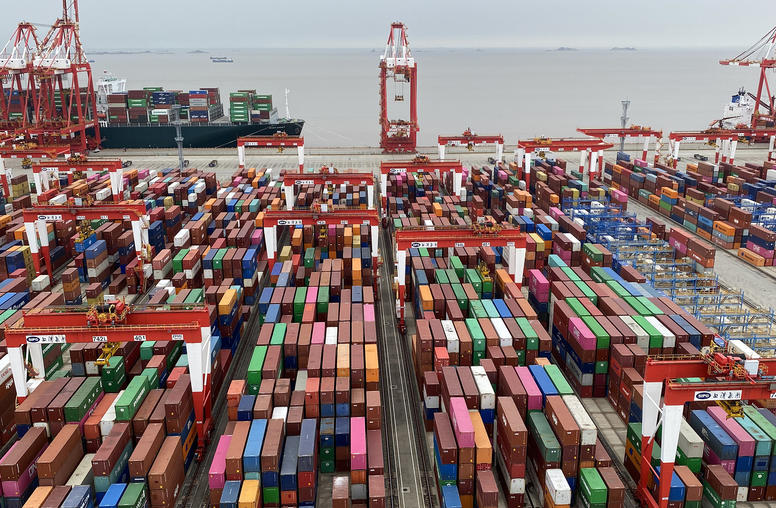
How Will China’s Bid to Join a Trans-Pacific Trade Pact Affect Regional Stability?
On September 16, China applied to join the Comprehensive and Progressive Agreement for Trans-Pacific Partnership (CPTPP). USIP’s Carla Freeman says China’s membership in the CPTPP will only increase Beijing’s relative regional influence and prompt more calls for the Biden administration to also join the pact.
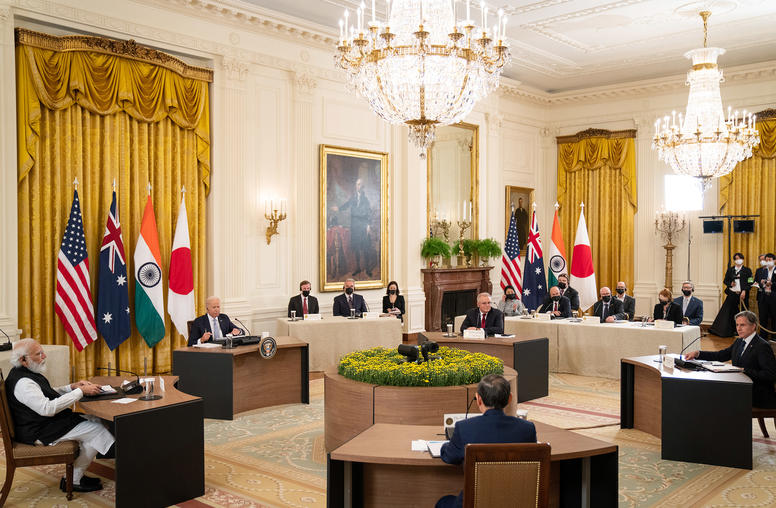
What the Quad Leaders’ Summit Means for the Indo-Pacific Amid Rising Tensions with China
On September 24, President Biden hosted Australian Prime Minister Scott Morrison, Indian Prime Minister Narendra Modi and Japanese Prime Minister Yoshihide Suga at the White House for the first-ever in-person Quad Leaders’ Summit. The event marked a milestone for the group, which started as an ad hoc coordination mechanism for humanitarian assistance and disaster relief after the 2004 Indian Ocean tsunami. The four leaders unveiled a slate of new initiatives on a range of pressing global issues — from climate change and COVID-19 to technology, infrastructure and education — as well as formalized plans to meet annually.
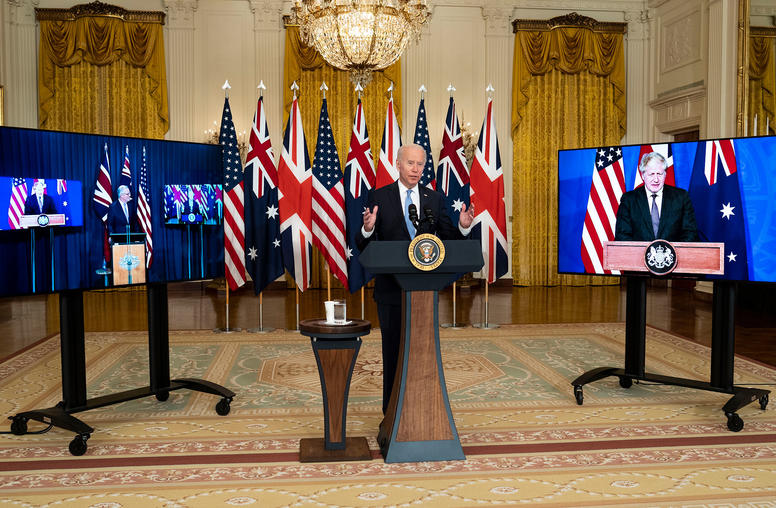
Why the New U.S.-U.K.-Australia Partnership Is So Significant
The United States and the United Kingdom have made the rare decision to share nuclear submarine propulsion technology with Australia in a move seen aimed at China. In a joint statement on September 15, the leaders of the United States, the United Kingdom and Australia announced the formation of a trilateral partnership — AUKUS — that, among other things, seeks to “strengthen the ability of each to support our security and defense interests.” USIP’s Brian Harding, Carla Freeman, Mirna Galic, Henry Tugendhat and Rachel Vandenbrink discuss the significance of the decision and what to expect next.